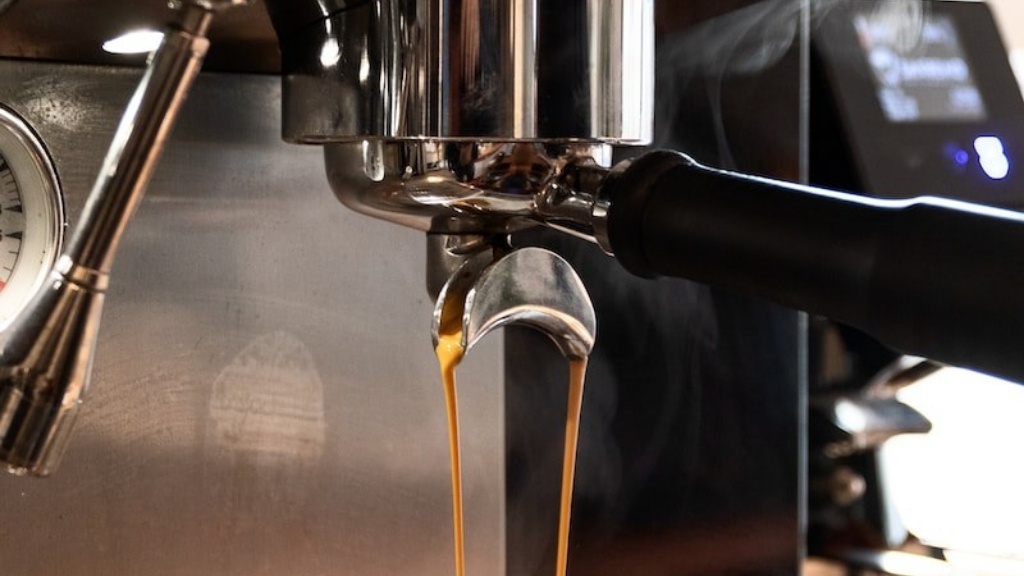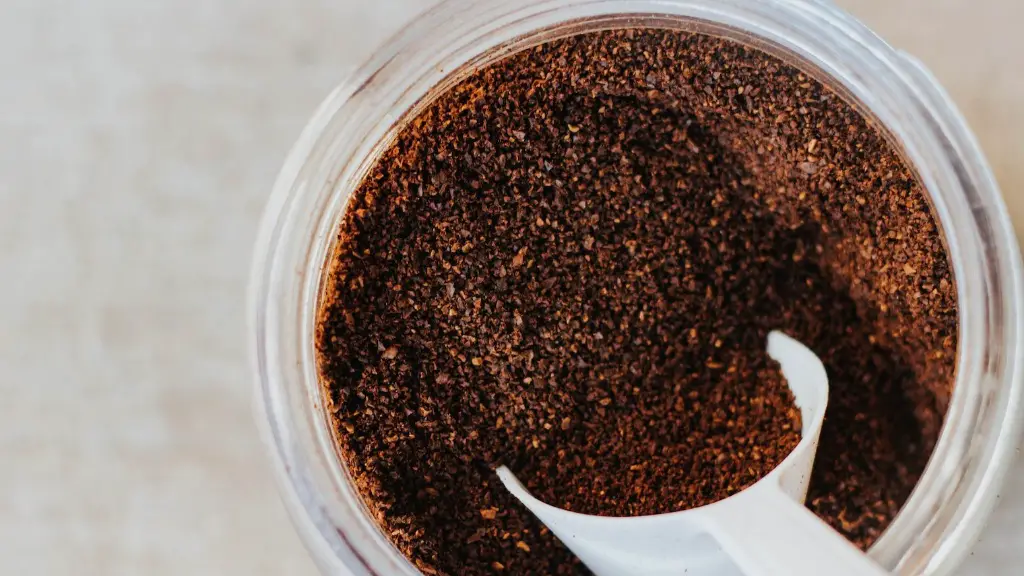Effects of Drinking Coffee before Workout
Coffee is one of the most popular beverages around the world and many dedicated gym goers enjoy it before exercise. Caffeine has become known as a stimulant, causing people to feel more alert and energised, but is it really beneficial for those about to perform a big workout? This article will look at the potential benefits and risks of drinking coffee before working out.
How Does Coffee Help?
Coffee can help you to stay alert and energised throughout your workout. Caffeine promotes physical performance and increases your bodies resistance to fatigue, allowing you to perform at a higher intensity for a longer period of time. Studies have even suggested that caffeine can help to burn fat, temporarily raising your metabolism and helping you to lose weight.
In addition, the increased alertness and energy caused by caffeine can help to promote positive mental state. Many have reported feeling less anxious and motivated when drinking coffee prior to their workout, making it more enjoyable. Coffee is known to increase focus, allowing you to concentrate more on your workout and achieve more during each session.
Are There Any Risks?
Whilst there are many potential benefits to drinking coffee before exercise, there are also potential risks that should be considered. Too much caffeine can cause an increased heart rate, leading to palpitations or dizziness which can be hazardous when lifting heavy weights. Caffeine can also increase dehydration levels, which can put a strain on the heart, leading to fatigue and decreased performance. It is therefore important to drink plenty of water before and after your workout to stay hydrated.
Drinking coffee prior to a workout can reduce the natural production of cortisol. Cortisol is a stress hormone that helps to build muscle and recover after exercise, so reducing its production can reduce your ability to gain muscle or recover effectively. Additionally, the increased energy levels and alertness provided by coffee can sometimes be followed by a crash shortly after. This can be quite detrimental for those working out, making it harder to finish their workout and threatening the safety of themselves and others if extra caution isn’t taken.
How Long Should You Wait?
The best way to ensure you don’t consume too much caffeine is to limit the amount you consume before exercise. Most experts recommend consuming no more than one cup of coffee (or equivalent) up to thirty minutes before exercise. This should provide enough of a boost without overdoing it, reducing the chances of suffering from the negative effects.
Whilst coffee can provide a great boost before an intense workout, it is important to remember the potential risks. Those that are caffeine-sensitive or have a history of heart problems should take extra care, limiting the amount they consume before exercise and drinking plenty of water.
How to Maximise the Benefits?
If you’re looking to get the most out of your coffee consumption before exercise, it’s best to avoid added sugars and creams. These can cause further feelings of fatigue, increasing the chances of an energy crash later. Instead, try adding natural options such as almond milk or dates, both of which contain healthy sugars that can help to give you an energy boost without the inevitable crash.
It’s also important to consider how adding coffee to your diet will affect your sleeping habits. Caffeine can stay in the system for up to 8 hours, so it is important to finish working out at least eight hours before your regular bedtime. Otherwise, the caffeine could affect your sleep, leaving you feeling worse off than before.
Which Brand of Coffee Should You Choose?
Whilst the benefits of coffee prior to exercise are still being debated, there are many brands of coffee on the market. It is important to recognise that most coffee is not created equal, with some companies infiltrating their beans with nasty chemicals that can cause a range of problems. Reading the ingredients list of your coffee is the best way to ensure you are getting a product that is free of additives.
Organic coffee is becoming increasingly popular, but make sure to check the label first. Some companies still add preservatives and other flavours to their organic brands, so read the label to make sure you’re getting the real deal. Also, try to stay away from flavored coffee drinks which often contain added sugars or fat that you don’t need before your workout.
Alternatives to Caffeine?
For those who are sensitive to caffeine or are looking for an alternative, there are plenty of options. Yerba Maté is a traditional South American tea with similar stimulating effects to coffee but without the negative drawbacks such as jitters, nervousness and risk of dehydration. Fruit based drinks can also provide a great energy boost before exercise, whilst green tea can provide a great alternative as it contains less caffeine than coffee.
There are many natural energy sources available so there is no need to resort to artificial energy drinks or shots that can contain high levels of sugar and other harmful ingredients. The most important thing is to find something that is suitable for you, so trial different options until you find something that provides the energy and motivation to get the most out of your workout.
Creating a Coffee Routine
If you’re looking to make the most out of your pre-workout caffeine boost, it is important to create a morning routine. There are many aspects that can affect how your body responds to caffeine, from the amount of sleep you get to the type of foods you eat. Creating a routine and sticking to it can help to ensure you get the most out of your coffee.
It is important to be mindful when drinking coffee and not to over do it. Allowing one to two hours between your cup of coffee and your workout can help to avoid over consuming caffeine, reducing the risks associated with drinking too much.
To get the most out of your morning coffee, try and stick to a routine, drink one cup (or equivalent) at least thirty minutes before your workout and always drink plenty of water before, during and after your exercise.




